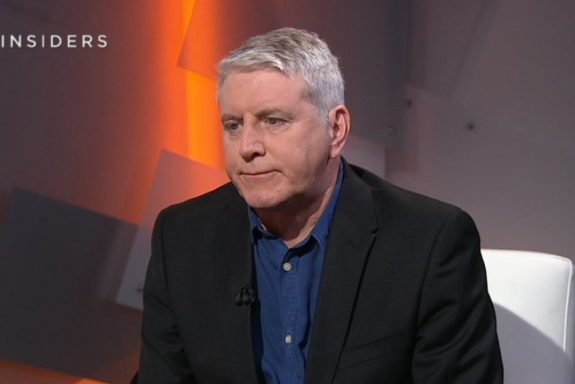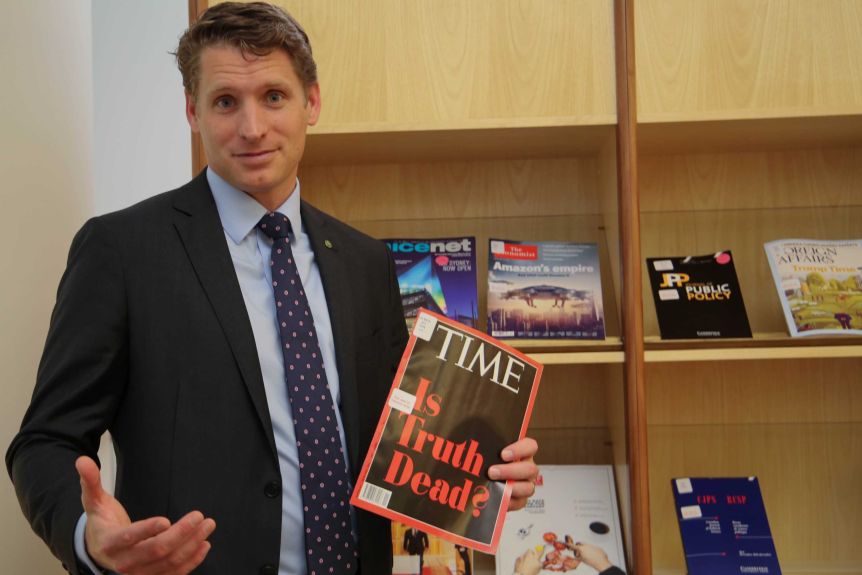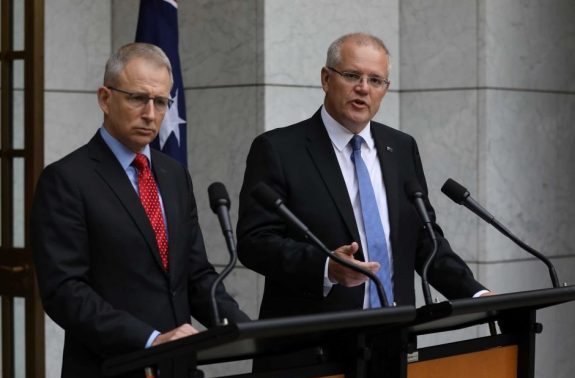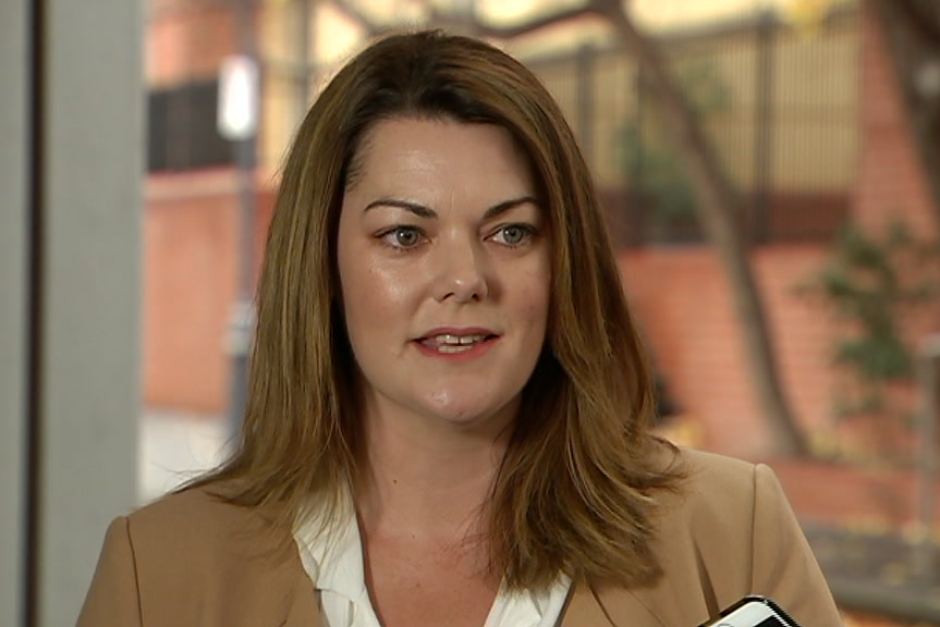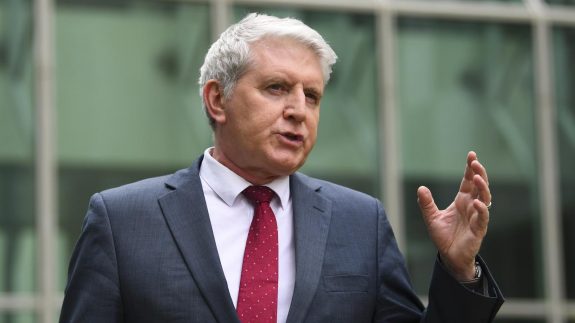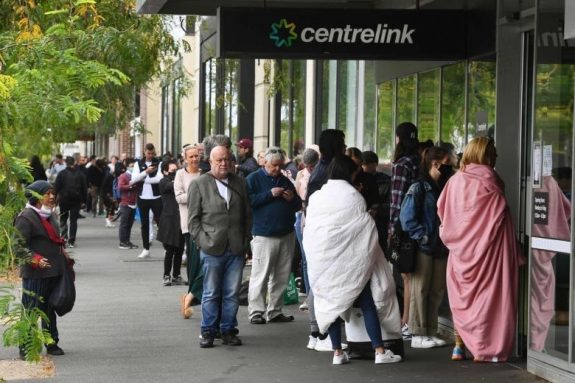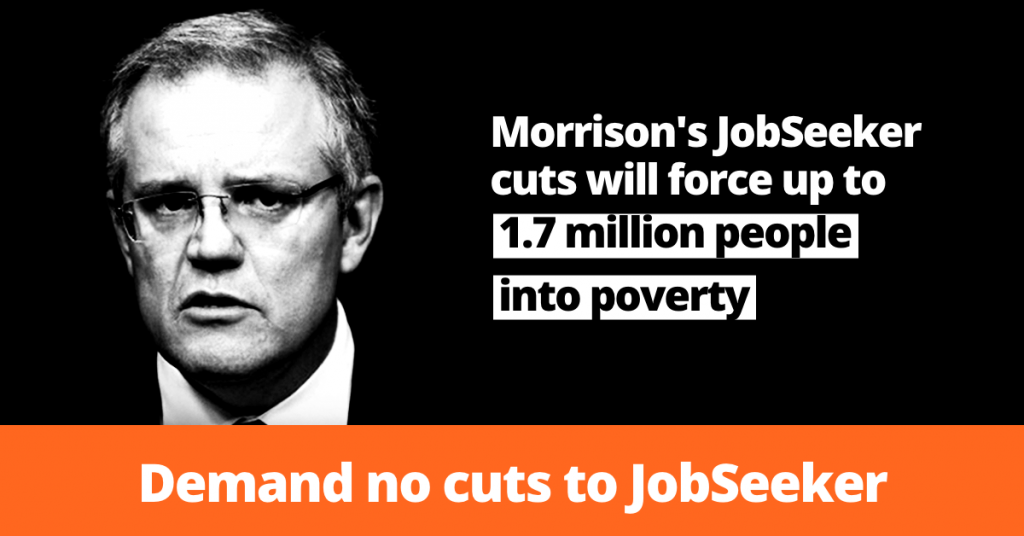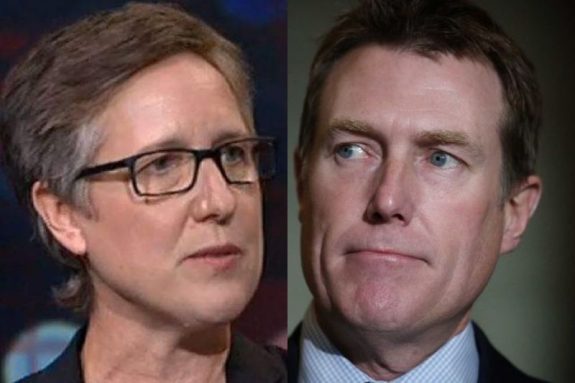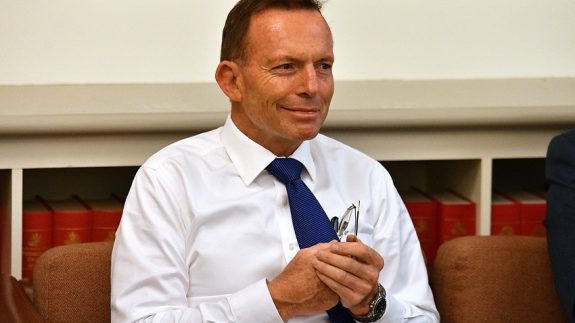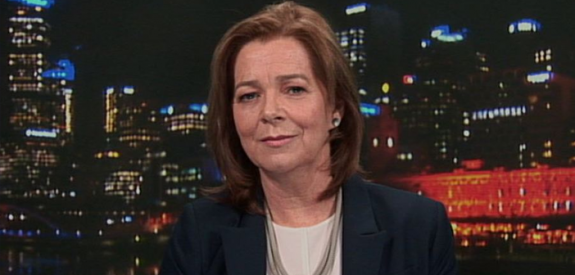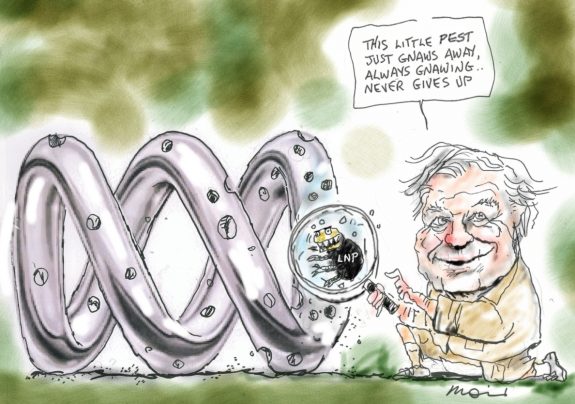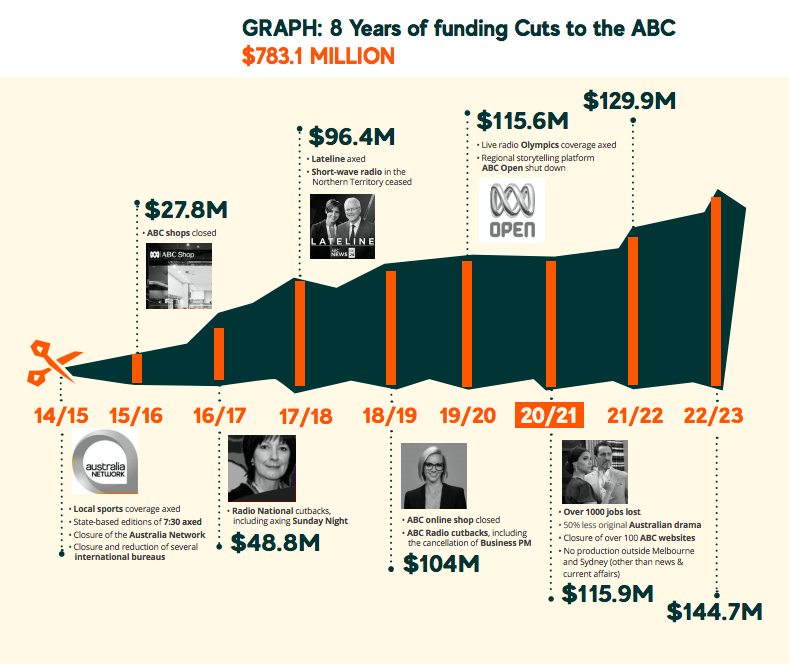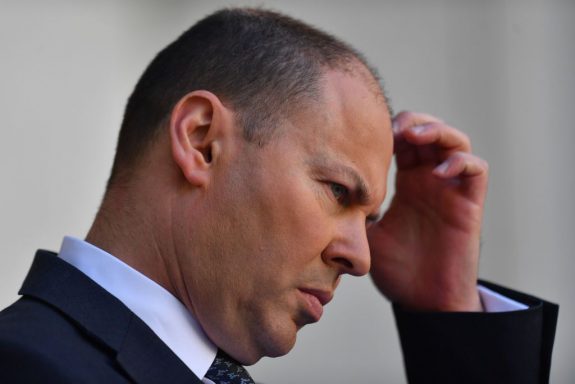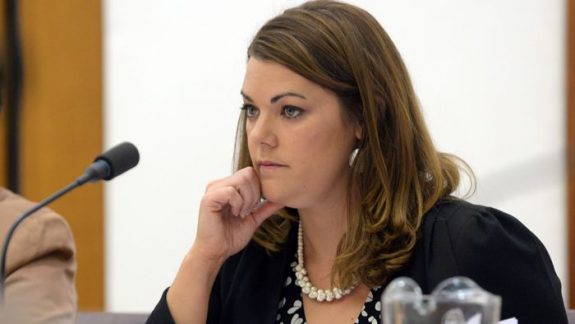ROC keeps bleeding money at taxpayers’ expense – Burke
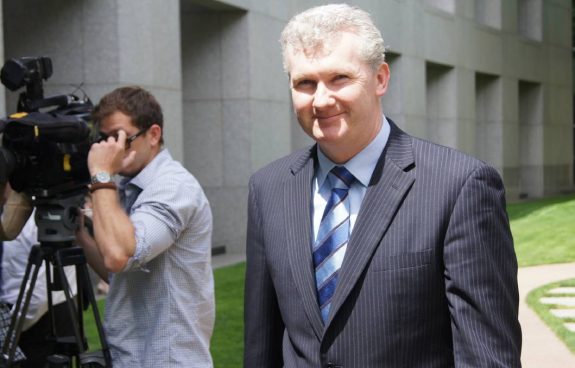
More than a year after being rebuffed in the Federal Court, then politically critiqued and subsequently discredited, the Registered Organisations Commission (ROC) continues to take advantage of the Australian taxpayers, says Tony Burke, Labor’s shadow minister for industrial relations.
Following a Senate Estimates hearing on Tuesday revealing that the ROC has spent over $1.3 million of taxpayer funds in a dogged pursuit of the Australian Workers Union (AWU), with $344,881 of that total coming after the Federal Court ruled last October that the ROC’s raids on the Melbourne and Sydney offices of the AWU in 2017 were invalid, Burke has called for the ROC to surrender its pursuit of the AWU towards an apparent High Court appeal.
“A year ago, the Federal Court quashed the ROC’s investigation into the AWU, finding there were no ‘reasonable grounds’ for it and the Commissioner had acted ‘based on a suspicion’,” Burke said.
“The ROC was fatally compromised by this ruling. It was their first major investigation and they botched it completely.
“But instead of abandoning this ridiculous case, they decided to double down and waste even more money on an appeal,” added Burke.
While the ROC is currently appealing the Federal Court’s initial decision centered around the AWU’s series of donations to activist group GetUp! in 2006, with all signs pointing towards an appeal to the High Court if the appeal is unsuccessful, Burke cites an inappropriate timing for the ROC to persist in its chase of a union whose origins were formed in the shadow of the Eureka Rebellion in historic Creswick, near Ballarat, in 1886 and claims to possess a total membership of over 72,000 workers (as of 2018).
And Burke has even gone to the extent of making an appeal of his own – to appeal to the Morrison government to step in and put a stop to the ROC’s agenda.
“As we head towards a trillion dollars of Liberal debt, the Government plans to borrow more to fund this toxic campaign, treating taxpayers’ money as if it was their own,” Burke said.
Burke’s points about the ROC are well-founded. Since its creation in 2017, and acting under the auspices of the Fair Work Ombudsman (FWO) to monitor and regulate trade unions and employer organisations, the ROC’s dogged determination of its fight against the AWU appears to be matched only by incidents of its own incompetence.
- In 2018, it got caught out accidentally leaking information from a whistleblower’s e-mails, even after the whistleblower had insistently requested that the ROC not to contact their organisation, thereby blowing their cover and voiding their anonymity.
- Ahead of the 2017 raids, Senator Michaelia Cash – then the government’s minister for employment – clumsily denied that her tipping off of the raids to the ROC and a number of media outlets, along with her former media advisor David De Garis, were politically-motivated actions against GetUp! or then-Labor leader Bill Shorten, who served as the AWU’s leader at the time of the donations. Instead, she blamed the ROC for not notifying her office “as the relevant minister” about the raids.
- In the 2018 federal budget, when the likes of the ABC, the FWO, the Australian Bureau of Statistics (ABS) and Australian Securities and Investment Commission (ASIC) all received cuts to their funding, the ROC received an increase, thereby signalling clues and allegations that the organisation acts as a political operative unit rather than to moderate over the union movement.
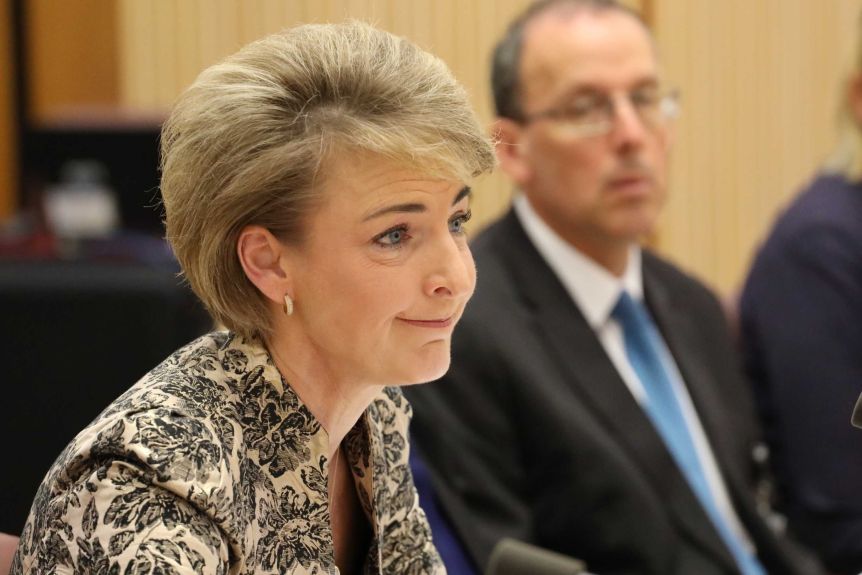
Michaelia Cash, Employment Minister in 2017 (Photo from abc.net.au)
And whereas Burke maintains that the ROC was “fatally compromised” by the initial ruling from the Federal Court over the AWU raids – or in his view, perhaps should have been shelved permanently – the agency has now lost any credibility in the eyes of the public.
“The Australian public simply cannot have any faith in the ROC’s competence or its impartiality,” said Burke.
“It’s a biased and politicised anti-worker body set up by the anti-worker Liberals and Nationals for the sole purpose of attacking unions – the organisations that fight for secure jobs, better wages and safer workplaces,” he added.
So does the ROC act as a political entity, or a watchdog overseeing the actions of the union movement?
“Our key objective is to encourage behaviours in registered organisations that see them consistently focused on acting in the best interests of their members, ensuring members’ money is spent in a way that is transparent, properly authorised and which complies with their obligations under the Registered Organisations Act, and their rules,” says Mark Bielecki, the commissioner of the ROC, in a statement defending its own transparency.
But as the AWU and its legal representation at Maurice Blackburn contend, even at the time of the initial ruling, the ROC fails its own litmus test regarding its transparency.
“As today’s judgement makes clear, the ROC had no proper legal basis to conduct an investigation into the AWU’s compliance with its rules some ten years earlier. The investigation into that matter was tainted by illegality and so the court has ruled it was invalid,” Josh Bornstein, the principal lawyer at Maurice Blackburn who represented the AWU in the case, said at the time of the ruling.
And Bornstein’s statement was echoed by the AWU itself on the day.
“This has been an exhausting, resource-draining, and distracting process for our union, but it’s a vital part of democracy that the actions of public agencies can and should be held to account,” said Daniel Walton, the AWU’s national secretary.
So it appears that the ROC – regardless of whether the topic consists of its finances, budgets, agendas or the execution of its official duties – needs to clean up its house, based on the views of its critics.
Also by William Olson:
New ABS data highlights jobless family strain
Dropped charges heighten calls for media law reform — MEAA
Like what we do at The AIMN?
You’ll like it even more knowing that your donation will help us to keep up the good fight.
Chuck in a few bucks and see just how far it goes!










